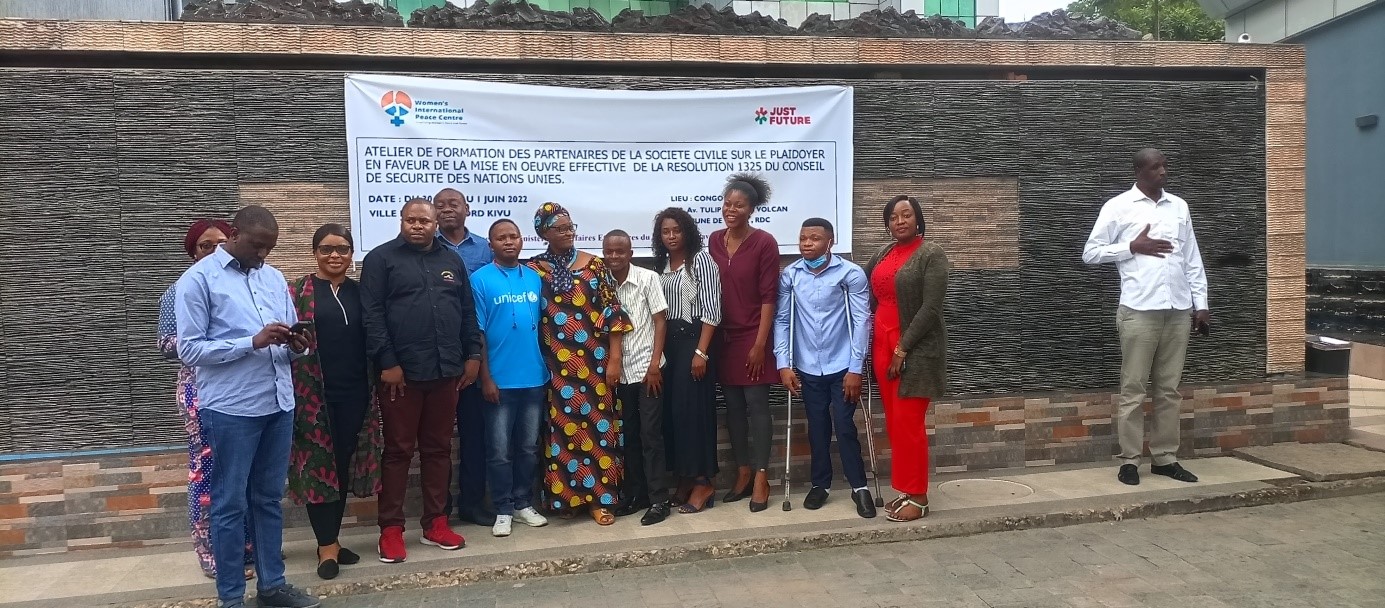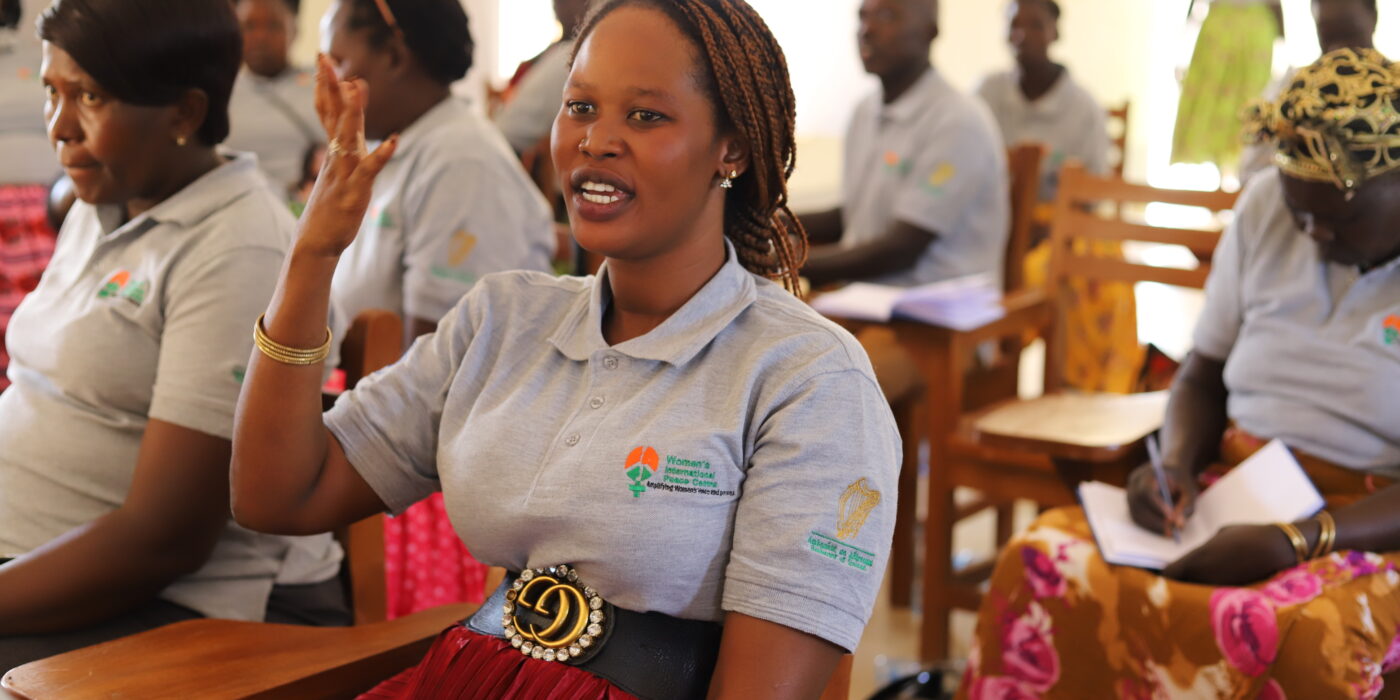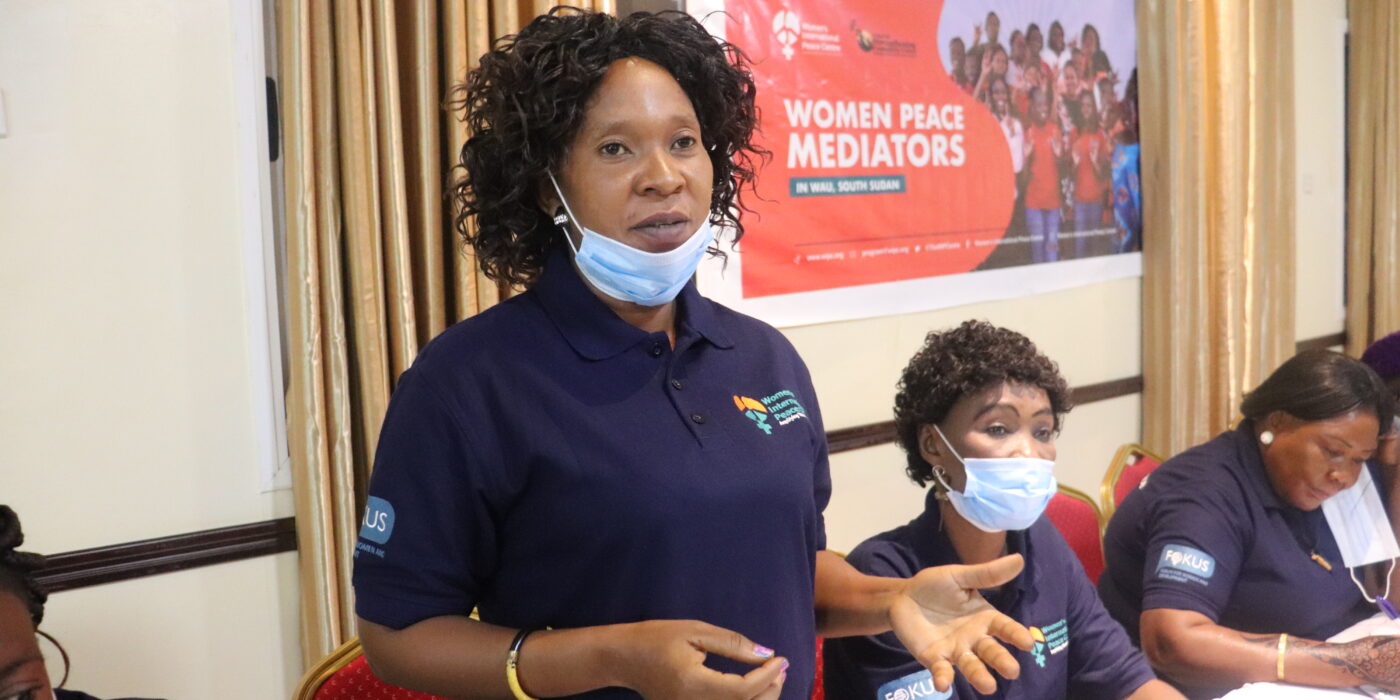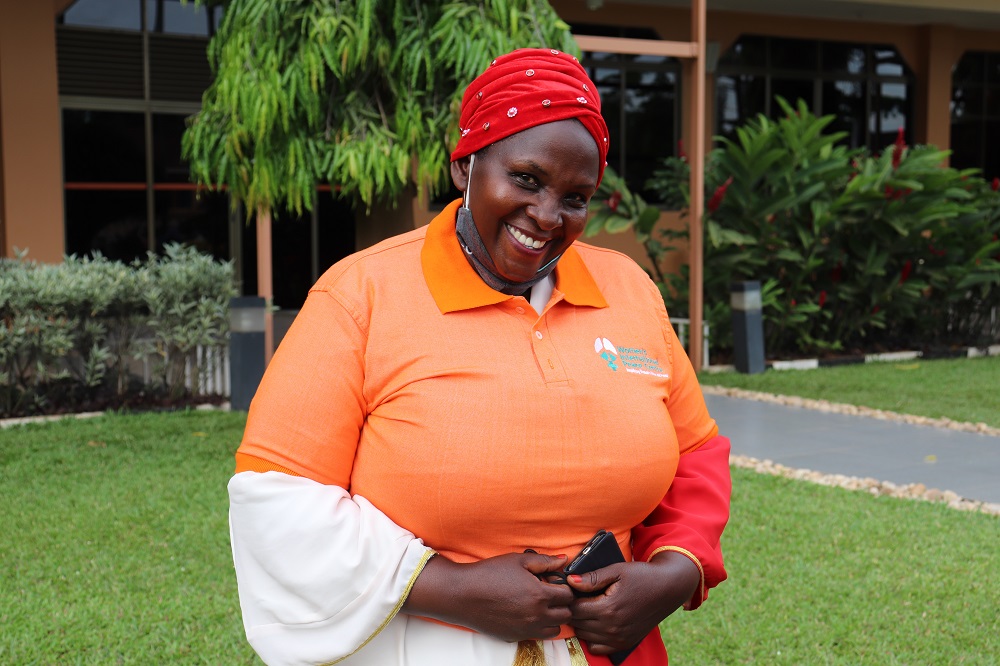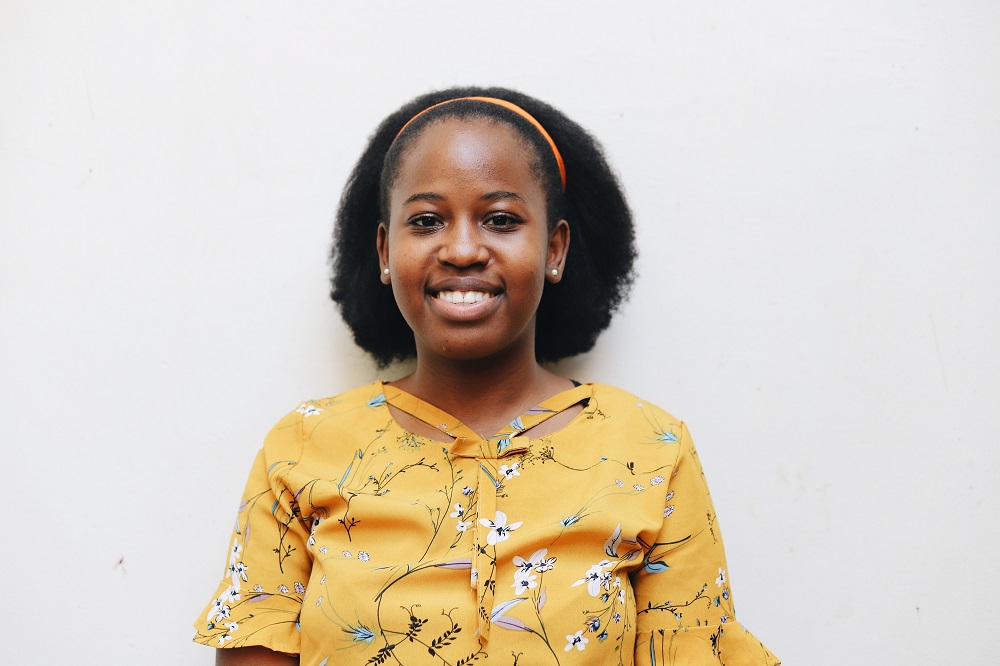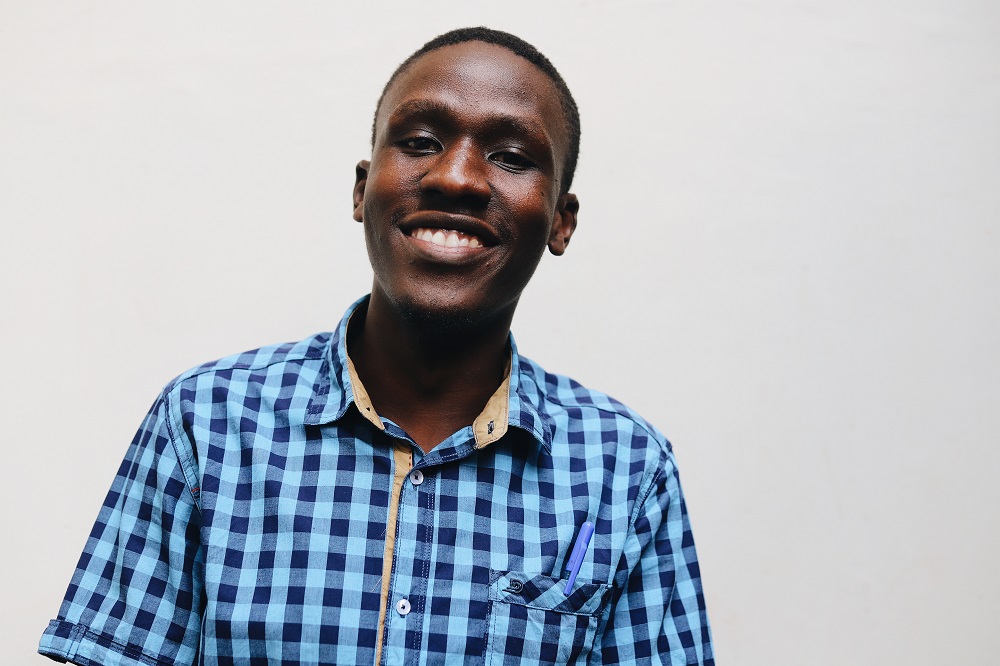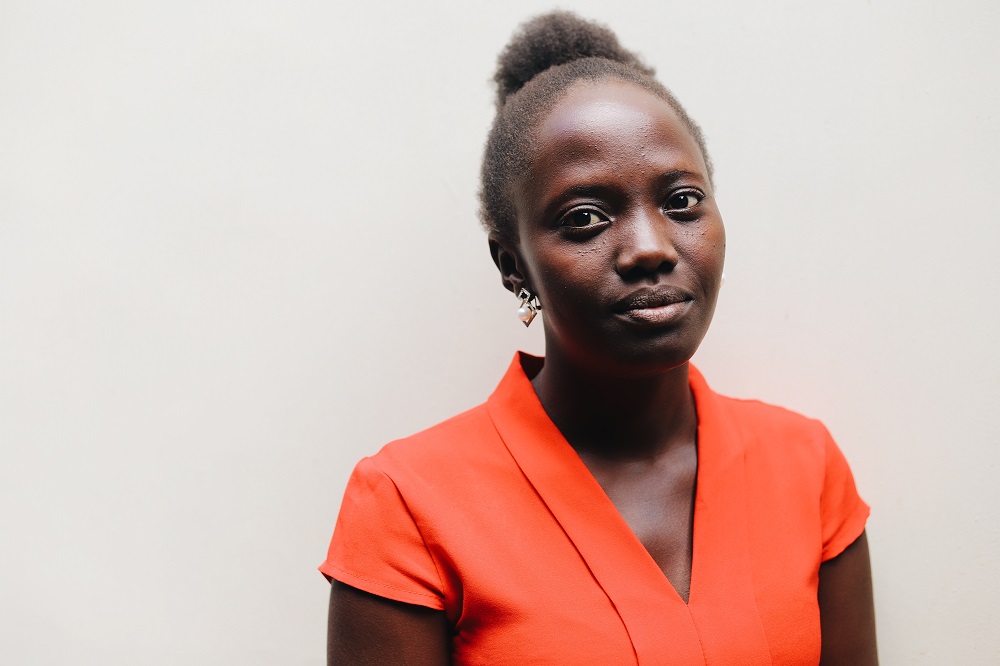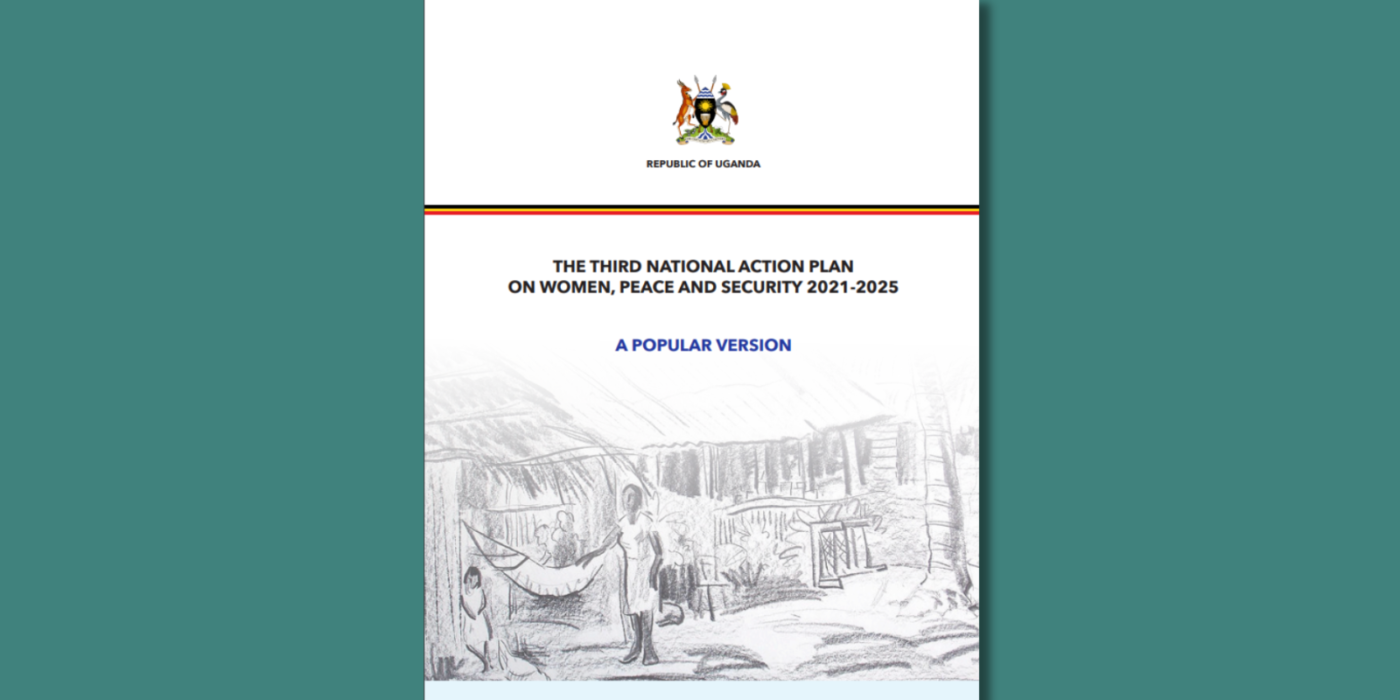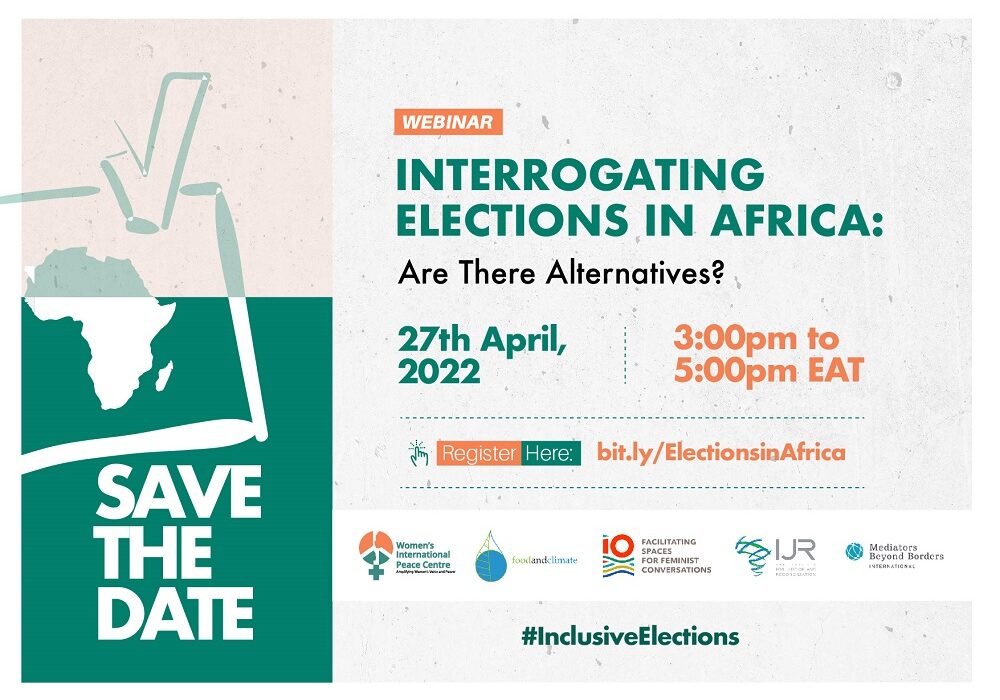Advocacy Training for The Implementation of United Nations Security Council Resolution 1325 On Women, Peace and Security, In Goma, Democratic Republic of Congo
From May 30 to June 01, 2022, Women’s International Peace Centre conducted a 3-day training for civil society organizations involved in the implementation of the Just Future program under the theme “Advocacy for the implementation of United Nations Security Council Resolution 1325 on women, peace and security”.
The training which was attended by 14 people aimed at strengthening the knowledge of the participants on Resolution 1325 and its intersectionality in their programs; improve the capacities of Just Future partner organizations in lobbying and advocacy techniques; and enable them to develop a collaborative approach with regional mechanisms around the Women, Peace and Security agenda.
During the meeting, participants carried out an analysis of the context of the implementation of the resolution in the DRC according to the pillars of participation, protection, prevention and community recovery. The trainees also participated in follow-up of exchanges of practical experiences on the implementation of the resolution by local partner organizations and a simulation exercise. These were later grouped into 3 classes according to the 3 trajectories of the program who presented strategies on how they intended to do lobbying and advocacy in the respective areas of intervention.
The training encouraged alliance building as an advocacy strategy at the community, national and regional levels. Participants were encouraged to form alliances with other organisations that share the same challenges or that can be influenced to support their planned action so as to have successful advocacy. At the end of the training, participants developed action plans for implementing UNSCR 1325 in their respective areas of work.

